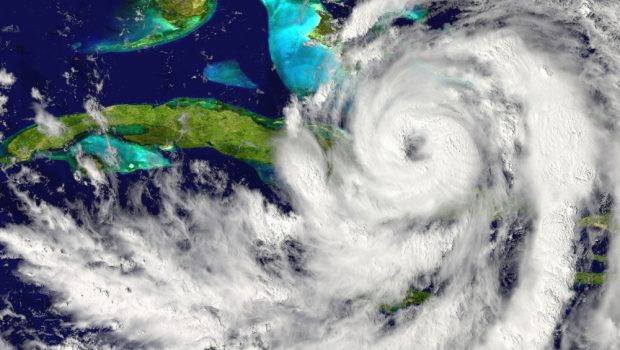Hurricane Matthew has had us all on edge. As we watch with anticipation as this storm bears down on the East Coast of the United States, I can’t help but think about all the people whose lives will be effected by this storm. It’s already had a devastating impact on Haiti and JR and I pray that everyone stays safe and follows all safety precautions while prepared for this catastrophic storm. I’d like to share with you a very useful link from SHOP.COM that can really help out during a storm like this and ensures that you and your family have the items you need when you need them the most.
SAFETY TIPS & SUPPLIES
For those of you who are preparing for this storm, you can use this guide on SHOP.COM to order supplies and pick up in store. Even if you’re not in the Hurricane Matthew’s path, it’s always a good idea to keep items like these stored in your home for any natural disasters or power outages. The key is to prepare, stay safe, and stock up with what you’ll need for a few days.
The National Hurricane Center offers this list of suggested supplies:
- Water, one gallon of water per person per day for at least three days, for drinking and sanitation
- Food, at least a three-day supply of non-perishable food
- Battery-powered or hand crank radio and a NOAA Weather Radio with tone alert and extra batteries for both
- Flashlight and extra batteries
- First aid kit
- Whistle to signal for help
- Dust mask to help filter contaminated air and plastic sheeting and duct tape to shelter-in-place
- Moist towelettes, garbage bags and plastic ties for personal sanitation
- Wrench or pliers to turn off utilities
- Manual can opener for food
- Local maps
- Cell phone with chargers, inverter or solar charger
I hope this helps you stay safe during the storm. JR and I urge everyone to keep up with local news reports and do everything you can to stay safe during Hurricane Matthew. I’ve included some helpful Hurricane Safety Tips from National Geographic below in case you’re not sure what to do. They’ve got some great information, along with the Ready.gov website for Hurricanes.
Safety Tips
- Coastal residents should form evacuation plans beforea warning is issued to identify a safe shelter and a route to get there.
- Stock up on emergency supplies including food, water, protective clothing, medications, batteries, flashlights, important documents, road maps, and a full tank of gasoline.
- As a storm unfolds, evacuees should listen to local authorities on radio or television. Evacuation routes often close as a storm develops.
- If forced to weather a storm, get inside the most secure building possible and stay away from windows.
- Remember that a lull often signifies the storm’s eye—not its end. Anyone riding out a hurricane should wait for authorities to announce that the danger has passed.







